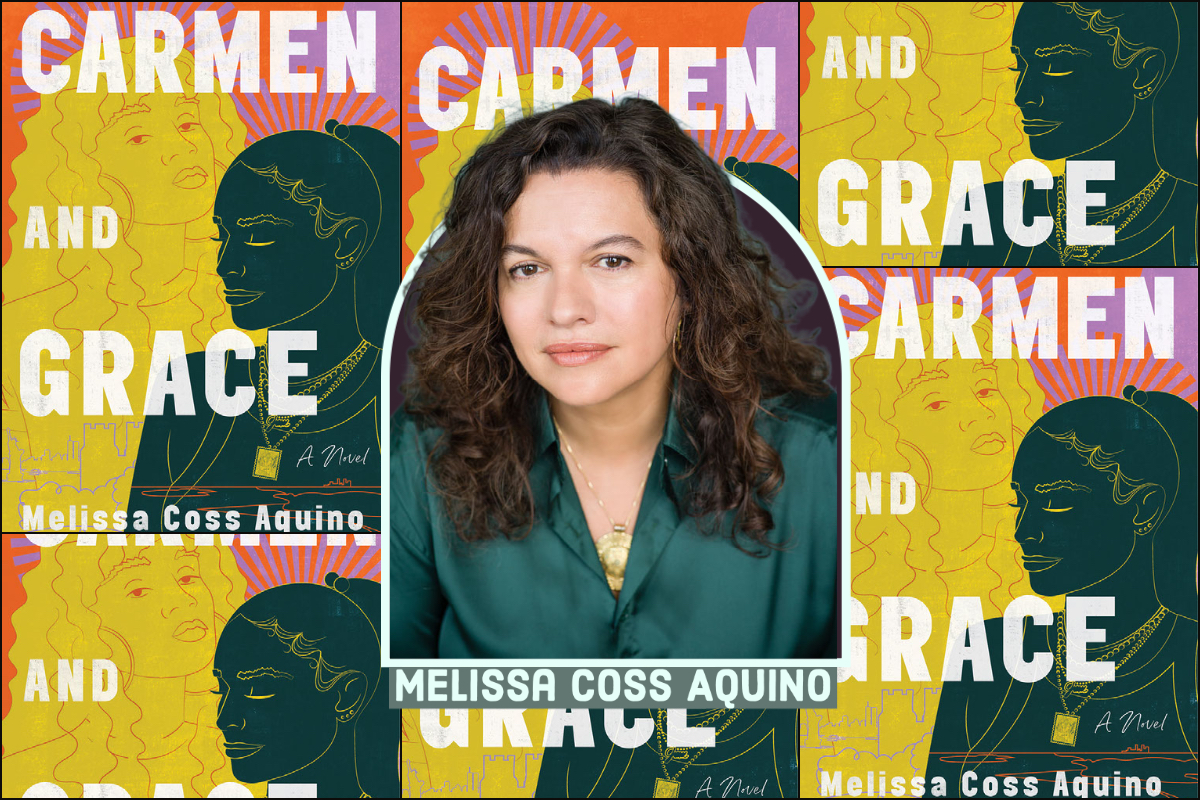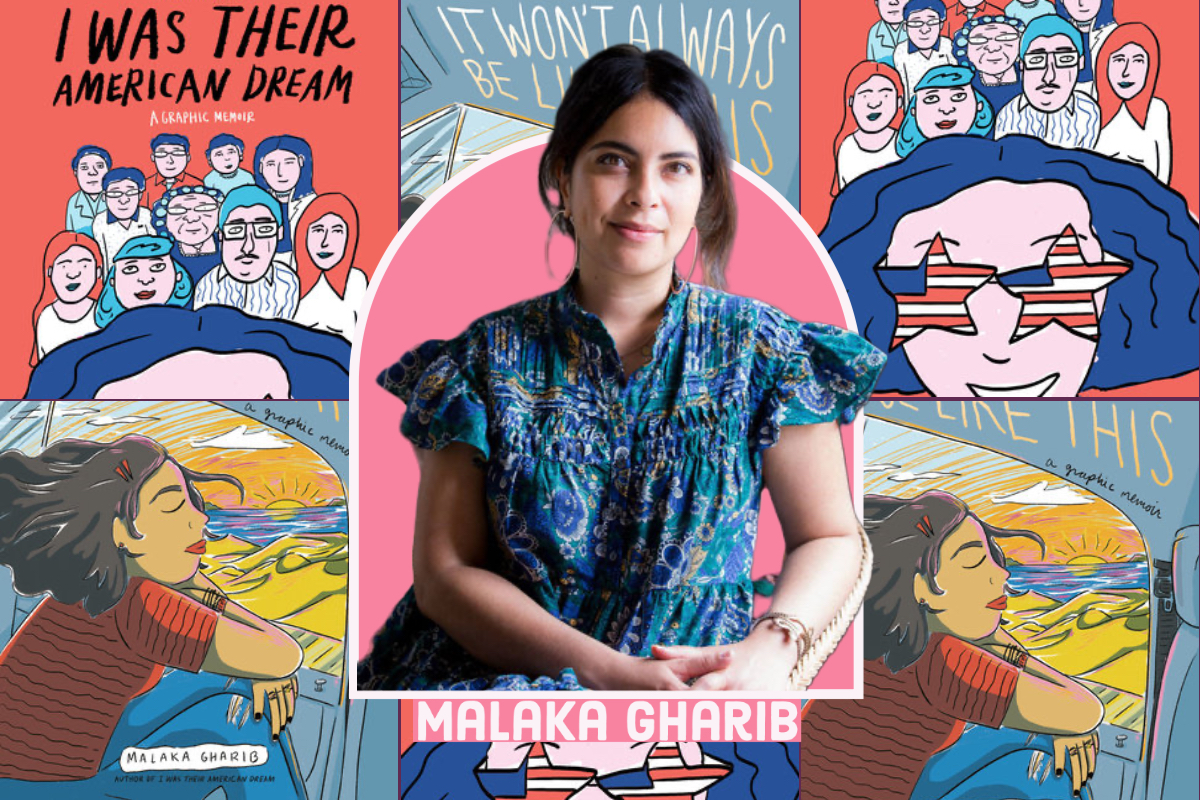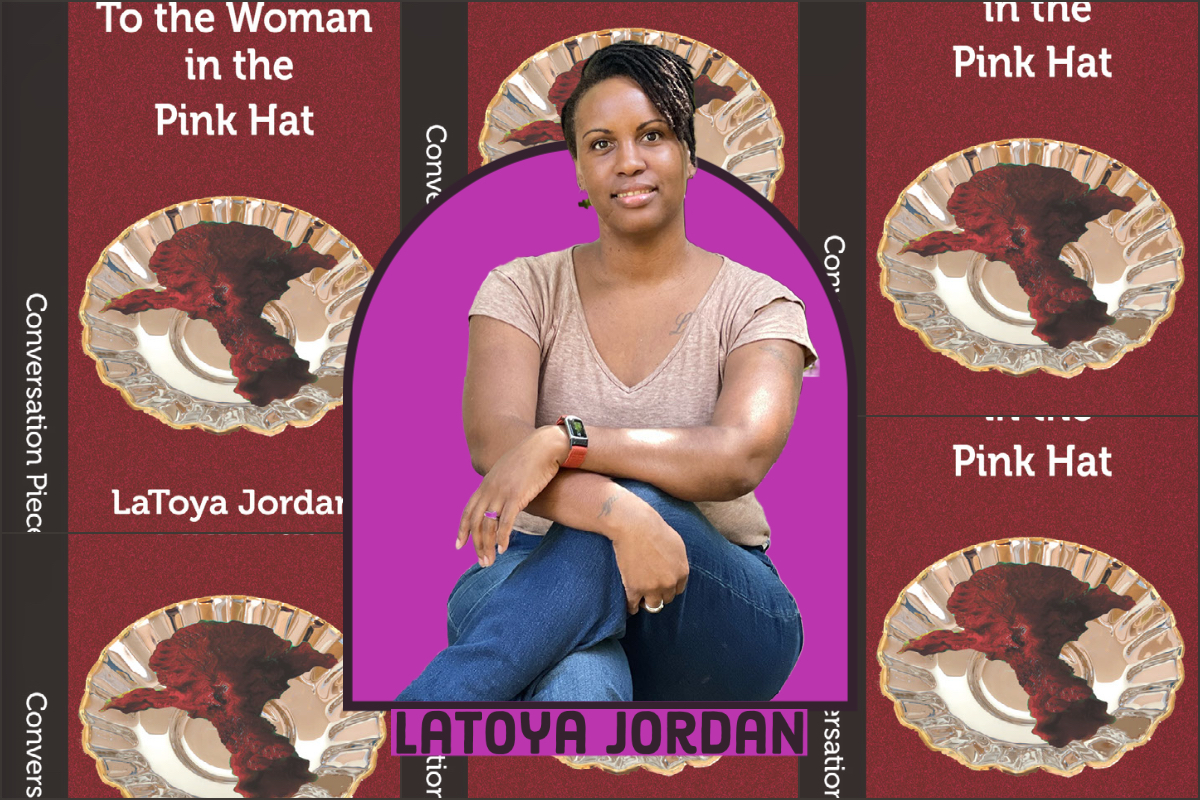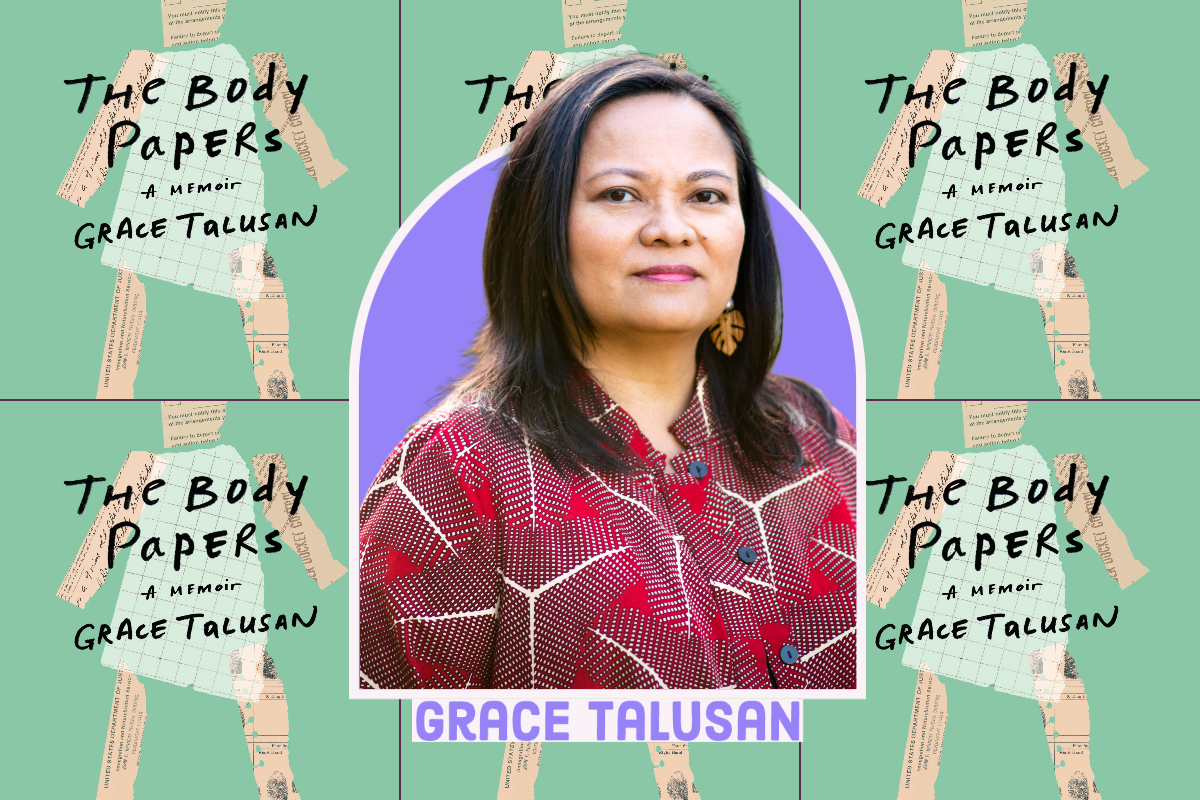Ten Questions for Melissa Coss Aquino
What inspired you to tell this story? There is a long story and short version answer. In short, coming up in the Bronx I was taught to feel a lot of ways about myself, my mother and women who did not perform motherhood, female sexuality, and Latina identity in very specific ways deemed respectable. I felt compelled to tell the story of mothers and daughters who appear to fail to be good and right, but who love, protect and fight for each other in every way imaginable. What if we found a Holy Mother like that? A divine image of ourselves as right just how we are. The long version is about a whole vision I had walking down the Grand Concourse when I was 23 years old and had my first son in a baby carrier on my chest. It came after seeing a group of girls who looked to be getting into a fight with a young man. What did you edit out of this book? Dreams and scenes of chaos. The dreams …





